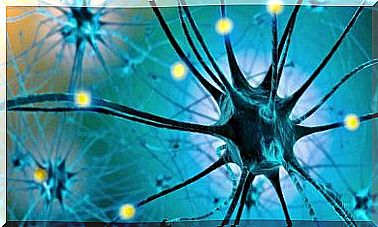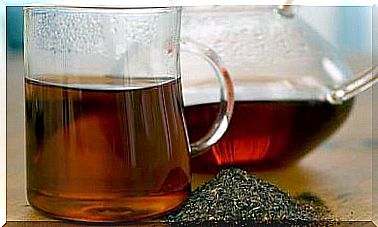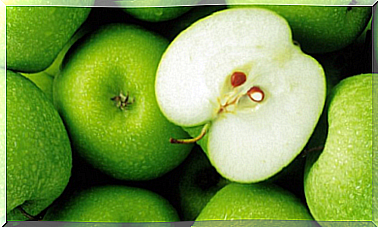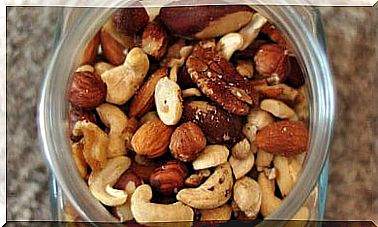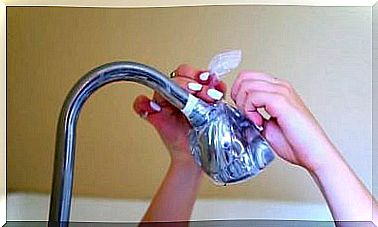Fiber Foods For Weight Loss: Are They Effective?
Including foods with fiber in the framework of a healthy and balanced diet can be positive for weight loss. In this space we tell you why it is beneficial and how to consume it properly.

The consumption of foods with fiber for weight loss has exploded in recent years. Although weight loss is a process that requires other interventions, there is research to suggest that an increase in fiber in the diet can contribute to good results.
Fiber is a carbohydrate that is present in foods such as vegetables, fruits, and whole grains. Unlike simple carbohydrates, the body has the ability to digest it easily, which prevents it from causing high spikes in blood sugar.
Instead, it is a nutrient that helps prolong the feeling of fullness, which can be interesting when it comes to combating excess weight, according to research published in the British Nutrition Foundation . Are Fiber Foods Effective For Weight Loss?
Fiber Foods and Weight Loss: What Should You Know?
First of all, it is essential to remember that weight loss is a process that may have different needs depending on the case. Therefore, when a person is overweight and obese, consultation with specialists such as doctors, endocrinologists and nutritionists is essential.
These professionals will evaluate each particular case and, depending on the triggers for excess weight, will make the necessary recommendations. So, although foods with fiber help you lose weight, by themselves they will not be enough to lose weight.
Fiber is a nutrient necessary for various body functions, but it does not have magical properties to burn fat or improve health. Simply, due to its characteristics, it will help increase the feeling of satiety so as not to exceed the total calorie intake.

Fiber types
First of all, it is convenient to know that there are two types of fiber: soluble and insoluble. Soluble fiber, such as beta-glucan and glucomannan, has the ability to reduce the rate at which the stomach releases digested food into the intestine. This, according to a publication in Nutrients magazine , is achieved by mixing with water and forming a gelatinous substance.
Meanwhile, insoluble fiber does not mix with water, but acts as a bulking agent to contribute to stool formation and intestinal transit. It is a type of fiber that can help fight problems such as constipation, as explained in an article published in the World Journal of Gastroenterology .
What does the research say about fiber for weight loss?
Research on the effects of fiber for weight loss remains the subject of research. However, according to a study published in the journal Obesity , a 10-gram increase in total soluble fiber intake produced a 3.7% reduction in abdominal fat gain.
Other research, such as one published in The Journal of Clinical Endocrinology and Metabolism, also supports these effects with fiber consumption. In fact, it has been suggested that fiber can help reduce belly fat in a number of ways.
For example, an optimal consumption of this nutrient is related to an improvement of the intestinal microbiome. Research in the scientific journal Genome Biology determined that people with a greater variety of intestinal bacteria have a lower risk of accumulating abdominal fat.
On the other hand, studies have also determined that optimal fiber consumption contributes to reducing the activity of hunger hormones, such as ghrelin. Because of this, consuming foods that contain this nutrient is associated with greater satiety and weight loss.

How much fiber to consume to lose weight?
The fact that fiber is useful for weight loss does not mean that it can be taken in excess. Its effects will be positive if it is included in the framework of a healthy and balanced diet. The recommended amount for men age 50 and under is 38 grams. Those over 51 should take 30 grams.
Women under the age of 50 should get 25 grams of fiber. From the age of 51, this amount is reduced to 21 grams. Specialists from the Diet and Nutrition Unit of the Hospital in Madrid recommend that the fiber consumed reaches a ratio of 3/1 between insoluble fiber and soluble fiber.
Fiber foods for weight loss
Fiber supplementation is an option for those who, for whatever reason, cannot obtain the necessary doses of this nutrient through their diet. However, in general, the ideal is to obtain this nutrient through foods that contain it. Let’s look at the options.
Insoluble Fiber Rich Foods
- Whole wheat flour.
- Saved.
- Green peas.
- Cabbage.
- Root vegetables.
- Whole grains.
- Ripe fruits.
- Nuts
Foods rich in soluble fiber
- Oatmeal.
- Plums
- Carrot.
- Citrus
- Dried beans.
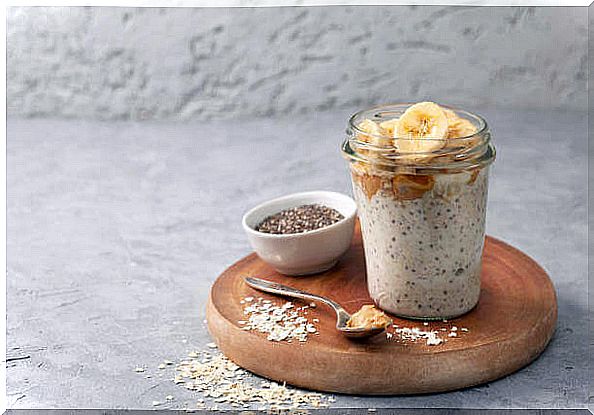
Tips for eating fiber
There are no studies that can establish the exact amounts that a person should consume of each category of foods rich in fiber per day, however, nutritionists recommend consuming the following servings to lead a healthy life:
- 3 servings of vegetables a day.
- 2 servings of fruit a day. Better complete than in juice.
- 6 servings of cereals in the form of bread, breakfast cereals, rice or pasta per day. Preferably whole grains given the higher fiber content.
- 4-5 servings of legumes a week.
Fiber Precautions
Although an optimal fiber diet helps protect against constipation and excess weight, you must be careful with its consumption in case of having diverticulitis, as some foods can cause worsening of symptoms. For this reason, it is advisable to gradually increase the amount of fiber and consult your doctor.
In case of gas or abdominal bloating, it is recommended to reduce the portions for a couple of days, since excess fiber can be one of its causes. In any case, as we saw in the previous sections, fiber in general, consumed properly, supports the body in its functions.
